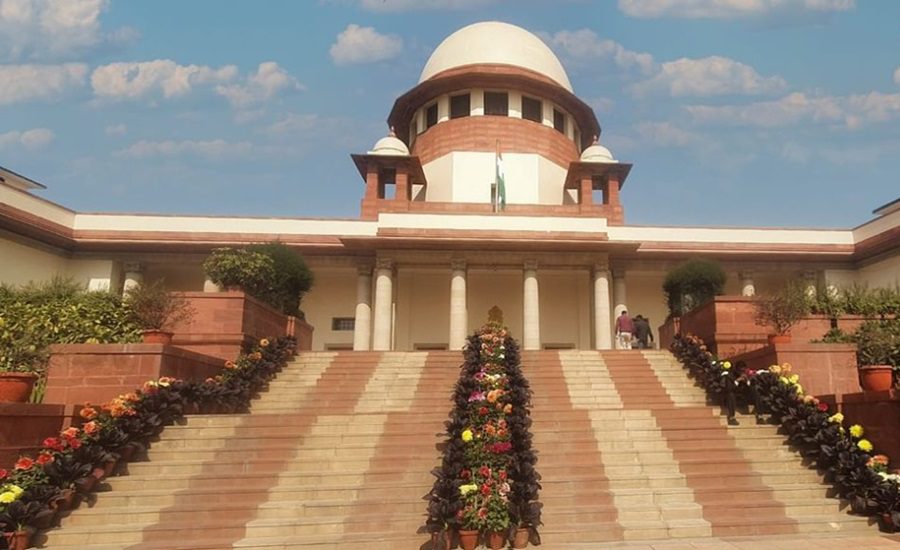On January 9, the Supreme Court refused to entertain a plea seeking the exclusion of children of Indian Administrative Service (IAS) and Indian Police Service (IPS) officers from Scheduled Castes (SC) and Scheduled Tribes (ST) reservation benefits in Madhya Pradesh.
A Bench comprising Justice BR Gavai and Justice Augustine George Masih stated that decisions regarding the exclusion of individuals from the “creamy layer” of reservation benefits fall within the purview of the executive and legislature. The Court emphasized that reservation policies are enabling provisions and must be decided by the appropriate government authorities.
The Bench observed, “Our view considers the last seventy-five years: those who have already benefited and are capable of competing on equal footing should be excluded from reservations. However, it is for the executive and legislature to decide.”
The petitioner had urged the Court to direct the state to formulate a reservation policy, highlighting ongoing recruitment in 21 departments without excluding the creamy layer. The counsel cited the Vishaka v. State of Rajasthan precedent, where the judiciary provided interim guidelines in the absence of legislative action, to seek intervention.
The Court, however, declined to intervene, reinforcing that the responsibility to shape reservation policies rests with the legislature and executive.





























